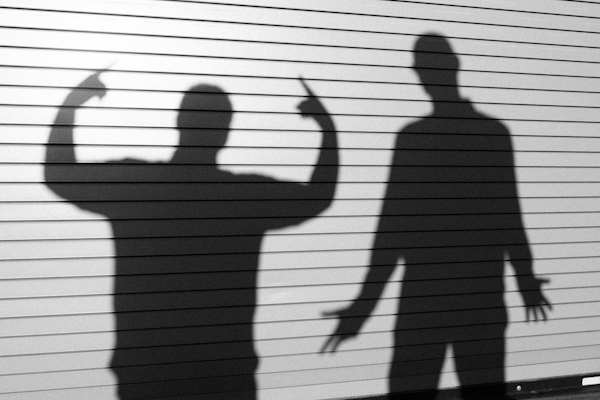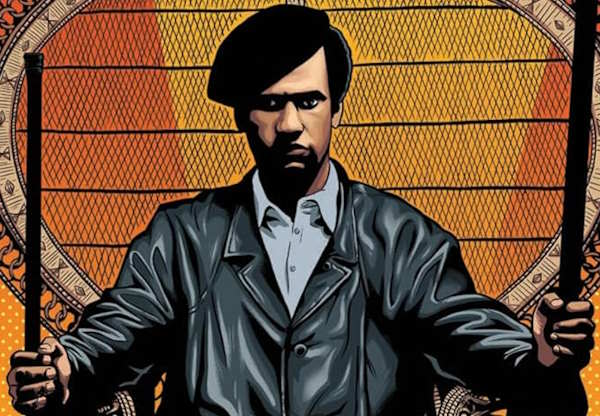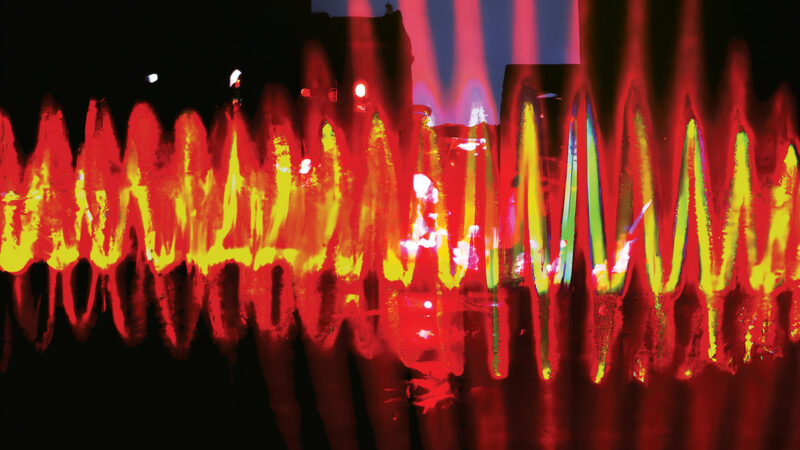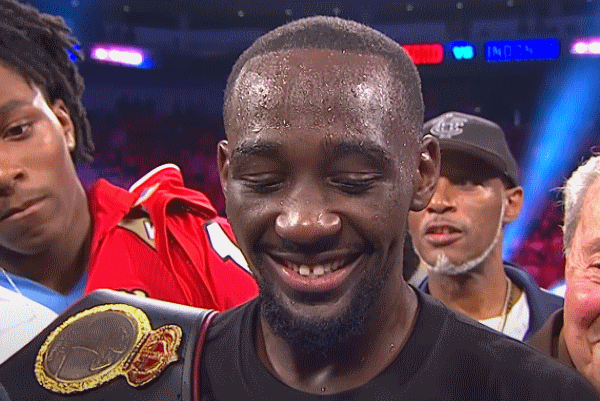Last week was an emotional roller coaster ride for anyone who considers themselves a die-hard Nas fan. For me, it started on the morning of Tuesday, August 14th. I went to a message board that I happen to frequent where I saw a thread with an alarming title. It promised an earth shattering revelation about Nas. I clicked on it, and found a link that lead to a blog post titled “Nas Lost (Ghostwriters).” It was a scathing indictment of the rap star, which began with a disturbing anecdote. The author, Frank Miller Williams Jr, was working at Hot 97.1 FM in New York City some time during 2007. During that time he allegedly received a call from Jay Electronica and Jay revealed that he was ghostwriting for Nas. Williams was crushed, as he held Nas in the highest of esteem. The remainder of the article expounds on that sentiment, and reads something like a diary entry from a disillusioned fan.
As damning as the article was, it didn’t impact me nearly as much as what provided the impetus for it. Located at the very top of the page, even before the start of the actual article, was a brief Twitter exchange. One of the participants was a dream hampton, a name I recognize from tons of magazine articles and documentaries, as well as Jay-Z’s bestselling book Decoded. The information in her tweet inspired Mr. Miller to share his little anecdote, as it confirmed what Jay Electronica allegedly told him all those years ago. Dream’s tweet claimed that Jay Electronica and Stic.Man of Dead Prez wrote Nas’ 2008 Untitled album. In short, Hip-Hip’s most gifted writer had committed a cardinal sin. He employed ghostwriters.

By Tuesday afternoon, the story was all over the net. Every Hip-Hop related site was carrying it. Nas fans cried out in unison. Their reactions progressed according to the Kübler-Ross model, aka the Five Stages of Grief. The first stage, of course, was denial. Nobody wanted to believe it. I certainly didn’t. In a matter of hours, I had gone through the first four stages, and was caught in the throes of depression. Now in my mid-30’s, I’ve become quite accustomed to having my Hip-Hop heroes “exposed” in one way or another. However, this particular scandal was too much to take. This didn’t relate to street credibility, but to artistic integrity. As such, it was impossible for me to dismiss.
I’ve been a huge Nas fan for the last 18 eighteen years. However, my appreciation for him goes beyond mere fandom. I’ve always seen Nas as something of a Hip-Hop kindred spirit. Nas’ image has always been that of the thoughtful kid looking out of his project window. Though he often talks from the perspective of the street hustlers he grew up watching, it’s evident that he was never actually one of them. His raps exuded a certain sense of detachment that allows him to see details that the so-called “players” probably couldn’t. He articulates their struggles better than they can.
That quality has always been at the heart of my fascination with Nas. I too, have always viewed the subjects I write about from a distance. In this case, the subject is Hip-Hop. I didn’t grow up in the PJ’s or on the streets. I can’t rap and I’ve never been in trouble with the law. Yet, I’ve always been an observer of such types. I write about what I see, often with a sense of intellectual detachment, to the point where people have told me that my writing lacks personality. Nas has never been the most charismatic rapper, but his talent-particularly his powers of observation and the insights that result from it-are undeniable. In that way, I feel as though I’ve always understood him.
Anyway, back to Tuesday afternoon. I needed some clarity, and decided to confer with a trusted contact. I called up journalist Allen Scott Gordon, aka “The Ebony Cat.” For those of you who grew up reading The Source and Rap Pages in the 1990’s, that name should ring a few bells. Scott is a veteran Hip-Hop journalist who has interviewed, written about, and hung out with some of my favorite rappers. If anyone could offer me some perspective on this, it was him.

I caught up with him and gave him a rundown of events. (At that point, neither Stic.Man nor Jay Electronica had issued an official response.) I then told him how upset I was over the whole thing. He chuckled, and then simply asked me “Why?” I was stuck. I didn’t know how to answer him. His reaction caught me off guard. He then explained to me, in a matter of mere minutes, why the whole thing was “much ado about nothing.” Al told me about the integral role that Ghostwriting has always played in the music industry. He then let me in a little secret: rappers had been doing it for quite some time. Nas is hardly the first.
His little revelation caused to dig into my own memory banks, and recall some of things that I have found out over the years via my own research. Ice Cube is on the record as admitting that his cousin, Del The Funky Homosapien, “helped” him write his classic 1990 debut Amerikkka’s Most Wanted. Per Shock G’s admission in the pages of the now defunct publication Elemental Magazine, Tupac used ghostwriters early in his career. In fact, Bay Area legend Ray Luv wrote his debut single, “Trapped.” The late great Heavy D played a huge role in shaping the Notorious B.I.G’s persona, even having written some of his verses. Superb is rumored to have written Wu-Tang member Ghostface’s best album, Supreme Clientele. According to Al, these examples are but a few of many.
Al was largely shocked that this revelation about Nas was causing such an uproar. He ended our exchange by assuring me that Nas was still “That Nigga,” ghostwriters or no. I went about the rest of the day feeling a bit better, and I was able to follow further developments in the still ongoing scandal without getting too involved in it. However, the exchange taught me something. For all of my journalistic pretense and posturing, I’m nearly not as objective as I would have myself believe. A good writer should maintain a certain level of distance from that which he writes about. He should never allow his emotions to take over. He should never get caught up. As hard as it is for me to admit, it isn’t all about the music for me. Like the much derided “Stans,” I very much want to believe in the mythology of Hip-Hop, despite the fact that I damn well know better. I’m a fan. An articulate fan, but a fan nonetheless.
I’ve got some maturing to do as far as this journalism thing goes. I now realize that. Al has seen the machine from the inside. He long ago learned to put the mythology aside, and see the beast for what it is. He does so without an ounce of bitterness or resentment. That’s my goal. I’m not there yet, but I guess humbling experiences such as this one can help me get there.
Follow Us on Twitter @ http://twitter.com/planetill
Become a citizen of Planet Ill. Join our Forums
Join Us on the Planet Ill Facebook Group for more discussion
Follow us on Networked Blogs






